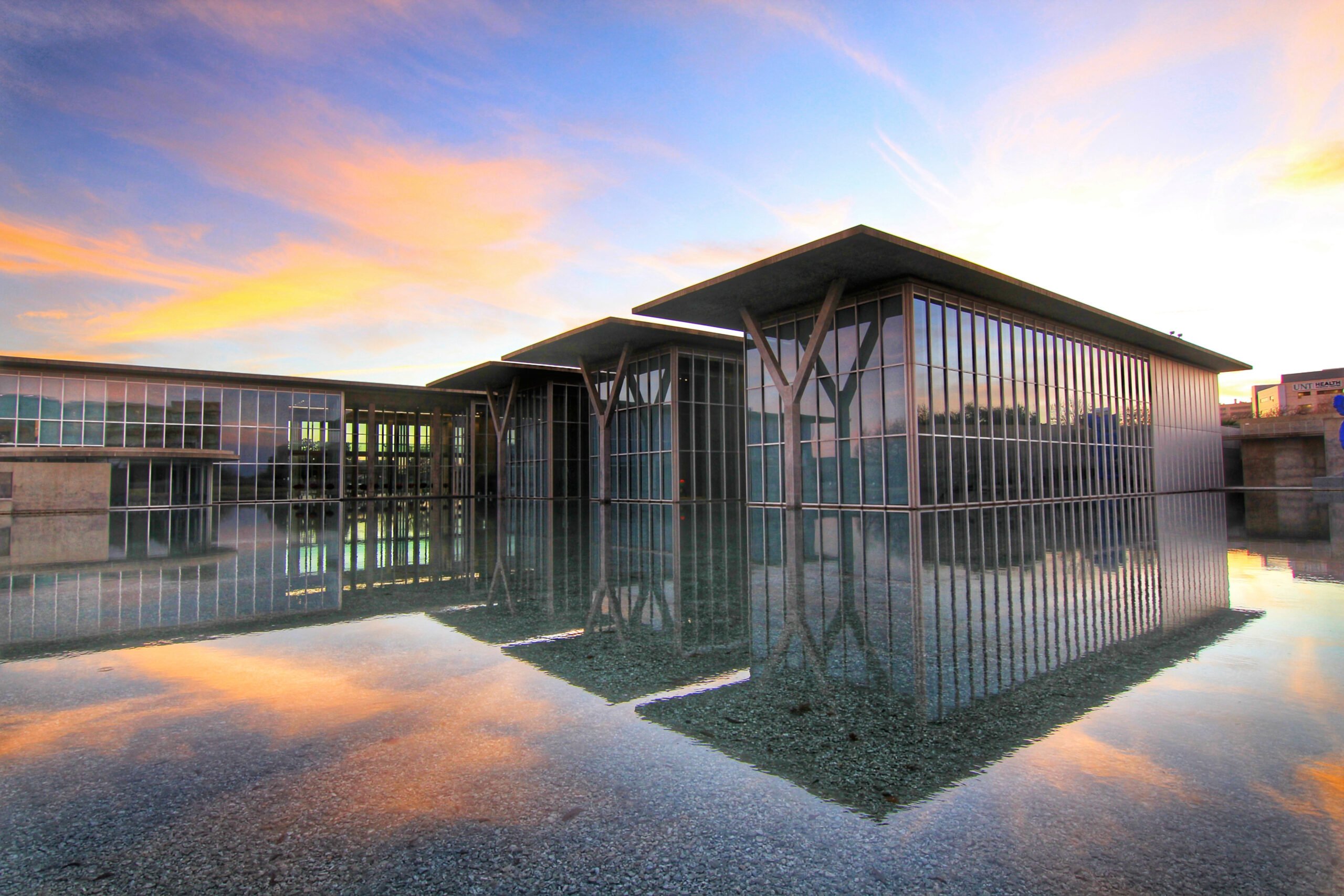Book Review
Dateline Doha
Al-Jazeera: How the Free Arab News Network Scooped the World and Changed the Middle East
It has been called an apologist for terrorists, a Zionist mouthpiece, a CIA collaborator, and a propaganda outlet for radical Islamists. And all that was before the U.S. government began accusing rambunctious satellite news network Al-Jazeera of spreading “inflammatory rhetoric” and transmitting coded messages from Osama bin Laden. But while most Americans are familiar with Qatar-based Al-Jazeera from its coverage of the war in Afghanistan and the bin Laden interviews, to see the network only in the context of September 11 and the war in Afghanistan is to miss the real story.
That story, according to Mohammed El-Nawawy and Adel Iskandar’s Al-Jazeera: How the Free Arab News Network Scooped the World and Changed the Middle East, is the network’s impact on the stultifying media environment in the Middle East. Not U.S. reactions to its content. Not Arab complaints over stereotyping in Western media. Not whether or not terrorists deserve a public platform. Such issues do crop up in Al-Jazeera, the product of two media scholars raised in the Middle East but educated, in part, in the United States. But they do not take center stage, as many Americans would (ethnocentrically) expect from any discussion of Middle Eastern media. Instead, the authors address them only as they relate to their primary concern: the birth of free media in a region accustomed to censorship.
Al-Jazeera blew onto the scene in 1996 with unprecedented offerings on Arabic TV: unflinching reports on government malfeasance, open debate about cultural dilemmas, and political talk shows whose loud, sometimes violent debates bring to mind a hybrid of “Crossfire” and “The Jerry Springer Show.” Previously, the government information ministries that controlled Middle Eastern television churned out a steady diet of lite entertainment and “news” that consisted of little more than government officials’ public itineraries. For serious news, Arabs often turned to foreign radio services like the BBC, Voice of America, or even the Israeli government’s Arabic-language programming–whatever their biases, at least they covered issues more weighty than the Jordanian ambassador’s polite luncheon with the third undersecretary of energy affairs in Azerbaijan.
All that changed when Al-Jazeera appeared, byproduct of a partnership between the Saudi government and the BBC Arabic TV division gone sour. Al-Jazeera recruited away most of the BBC’s staff and sent them to Doha, capital of the tiny peninsular emirate of Qatar, to begin the all-news channel. Accustomed to an environment where providing “two sides of the story” is the ideal (if not always the reality), the Al-Jazeera staff had no desire to politely cover the regional dignitaries’ phone calls, galas, and receptions. So, the network adopted the motto “the opinion and the other opinion,” and quickly began offending anyone who had an opinion at all. “The basic premise,” the authors write, “is that the ‘truth’ on any subject can be reached only if all possible opinions are exposed and argued, usually exhaustively, sometimes to the point of on-air fistfights.”
Predictably, this has infuriated governments unused to televised critique, and has led to extreme moves to silence the station. The Algerian government once cut electricity in several major cities to keep viewers from watching an opposition leader debate a government official on Al-Jazeera. In the past six years, Arab governments have logged at least 450 official complaints against the station’s coverage. And several governments–including our own–have attempted to influence the network through pressure on the Qatari emir, Sheikh Hamad bin Khalifa Al-Thani, whose government provides financial backing to the station in the form of loans (though the station claims to be on the brink of financial independence). The emir, to his credit, defends the editorial freedom of the station, though the authors also point out that this hands-off approach may have something to do with the fact that Qatar is the only country not subjected to the station’s investigative glare.
Moving beyond politics, Al-Jazeera takes on controversial religious and cultural questions rarely breached in polite company. A show about the proper role for women ended with one of the guests storming out mid-debate. The station aired interviews with Israeli leaders many Arabs consider as offensive as Americans do Taliban leader Mullah Mohammed Omar (whose interview on Voice of America last fall still has some conservatives fuming). “The Opposite Direction,” the show that perfected the format of provoking extremists to scream at each other, once featured an Egyptian scholar convicted of heresy for questioning the divinity of the Qur’an, a move that branded the host a “raving secularist.”
By drawing from both published reports and original interviews to paint a detailed chronology of controversy after controversy, the authors demonstrate that whatever Al-Jazeera may be, it is nobody’s mouthpiece. Thus, when they finally turn to U.S. viewers’ awakening to the network’s existence last September, they are well prepared to brush aside Yankee charges of bias and propaganda. “[U.S.] critics have continued to assert that Al-Jazeera is being used in a willful sort of way, that it is acting as an instrument of propaganda for bin Laden and Islamic extremists. . . These people know little about Al-Jazeera. They may know little of Al-Jazeera’s short but illustrious history, much less its tireless pursuit of covering every single angle of any given story.”
However, the authors make it clear that just because the station lacks a particular ideology does not mean that those who decide what is news on Al-Jazeera will make the same decisions as CNN. One of the authors’ critical points is that the boundaries of acceptable debate in any media environment are determined by their “cultural context.” That is, the question of whether Palestinian suicide bombers should be called “martyrs” is as moot for Al-Jazeera’s viewers as the question of whether the attacks of September 11 were unprovoked is for CNN’s.
The authors place this assertion of cultural context within a discussion of free speech, and allow it to come and go in a matter of pages buried somewhere in chapter three. That they so hastily drop a concept whose shadow hangs heavily over the remainder of the book seems an attempt to sidestep those accusations of “moral equivalence” routinely trotted out to silence those who dare to suggest that anger against the United States might stem from reasons other than inherent Evil. That is, they point out that “cultural context” exists, and then they change the subject, completely avoiding moral questions of whether anyone’s context is superior to anyone else’s.
For example, when Al-Jazeera was the only network broadcasting out of Afghanistan, forcing U.S. networks to air Al-Jazeera footage if they wanted to air anything at all, most chose not to air images of Afghan civilian casualties to avoid dampening enthusiasm for the war. While many a media scholar would find plenty to rant about in our “objective” media so blatantly serving military interests, the authors merely present it as a “controversial” example of cultural context–of course Americans wouldn’t want to see the bodies piling up!–and move on. This even-handed approach, which depends more on examples than argument, may help the authors reach an audience who would scoff at books that make some of the same points from within larger arguments about hegemony or imperialism. Their “cultural context” argument says that it is normal and natural for most people to accept their own culture’s media mythology at face value (although it sure would be nice if people tried to understand other people’s contexts). But accepting that argument means accepting that it is also normal and natural for most people to see arguments that fly in the face of their cultural context as wacko. If this is the case, then radical critique is by no means the best strategy under all circumstances for changing people’s minds. In other words, the authors understand that sometimes it is better to push the margins of acceptable discourse, rather than try to overturn an entire set of cultural myths in one fell swoop.
The authors’ only foray into advocacy is in their unwavering support for an unfettered press, such as when they call on Al-Jazeera to scrutinize the Qatari government with the same diligence as the rest of the region. And they jab at the hypocrisy of U.S. officials who last fall demanded that the network quit playing that tape of that guy in the cave. Their central plea is for more openness and dialogue, in language all sides can understand. To Al-Jazeera, the authors suggest that perhaps the occasional intelligent debate among moderates may serve a more important social role than providing a forum for extremists to mouth off at each other. In pursuit of cross-cultural communication, they suggest the station launch some English-language programming, so Americans can hear the Arab point of view for themselves.
On the other hand, if the U.S. government is really serious about exposing Middle Eastern audiences to “the American point of view” (whatever that may be), the authors argue that U.S.-created media offerings will not do the trick, since Arab audiences will see right through programs like Radio Sawa, the Arabic-language pop music and news station recently launched to serve such a purpose. To reach Middle Eastern audiences, the authors conclude, Americans must be willing to play by Arab rules, and to send Arabic-speaking representatives to duke it out on Al-Jazeera.
As optimistic as it is informative, Al-Jazeera may disappoint readers hoping for intense theoretical critique. The very fact that the authors make suggestions for how the U.S. government can better influence Arab viewers, rather than questioning whether they should be doing so in the first place or the results of such actions, is an obvious sign that the authors prefer to let questions about unequal power dynamics in the global media marketplace go unasked. But again, while fire-breathing denouncements of U.S. foreign policy, and the media machine that supports it, certainly have their place, so, too, does the soft sell. Al-Jazeera, then, deserves praise not only for providing a careful history of the station and its profound impact on the Middle East, but also for using the cherished American value of press freedom as a back door to raise doubts, subtle as they may be, about the absolute correctness of a single worldview.
Rachel Proctor is a graduate student in the joint program in Middle Eastern Studies and Radio-TV-Film at UT-Austin.


